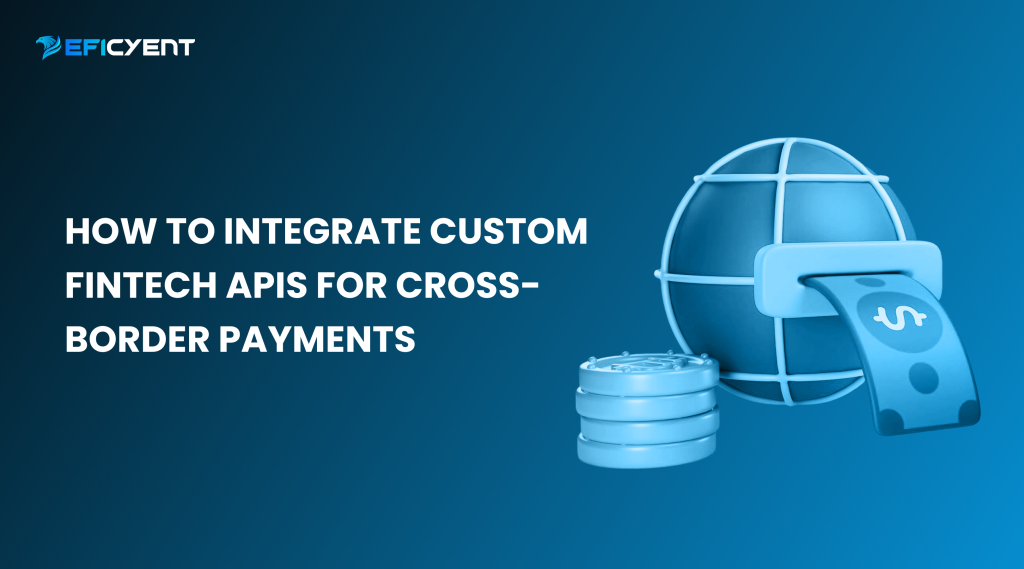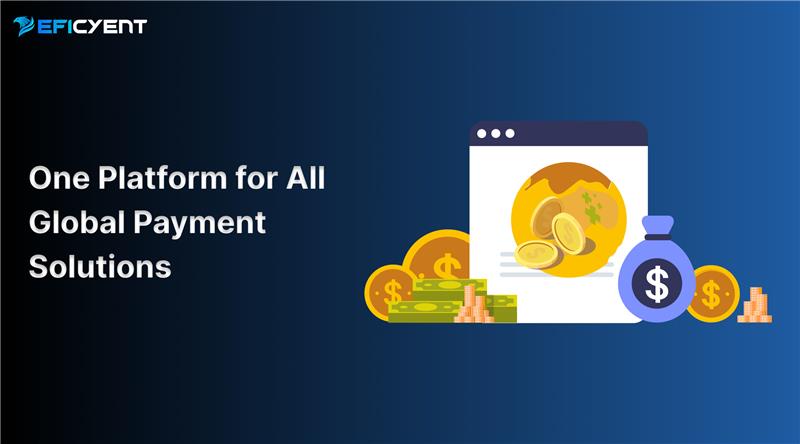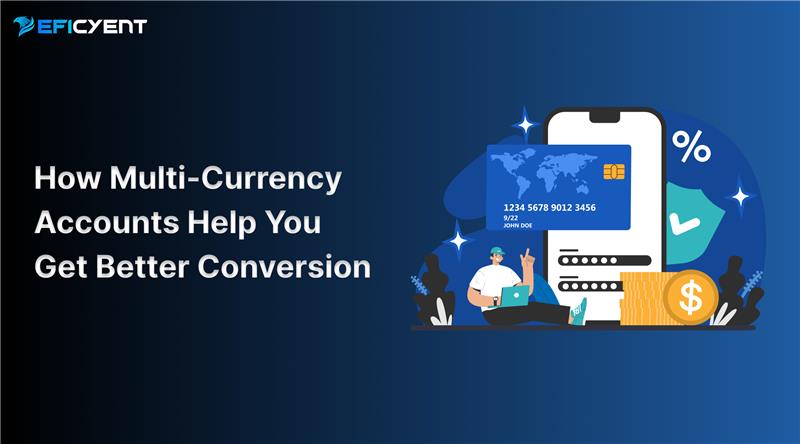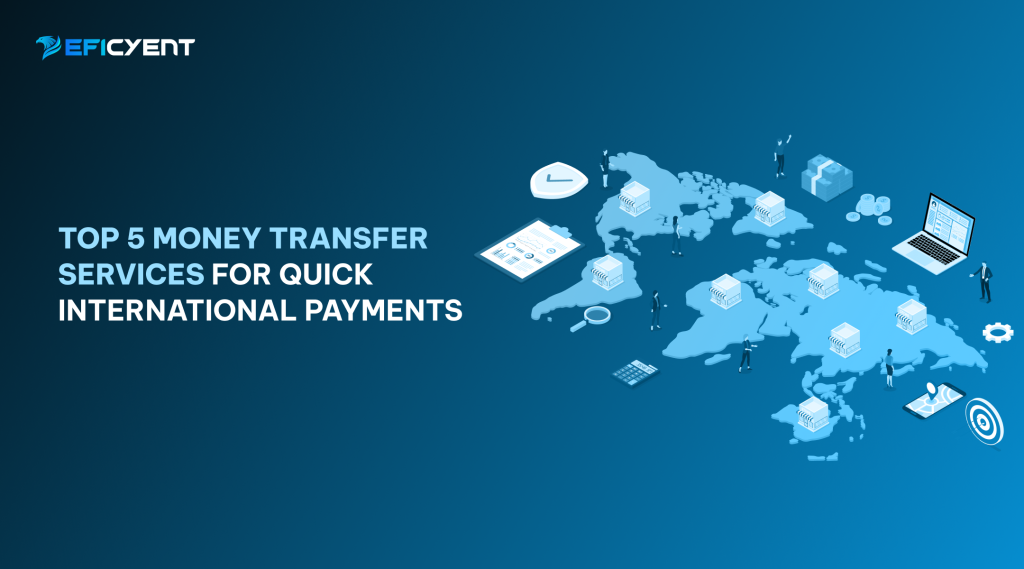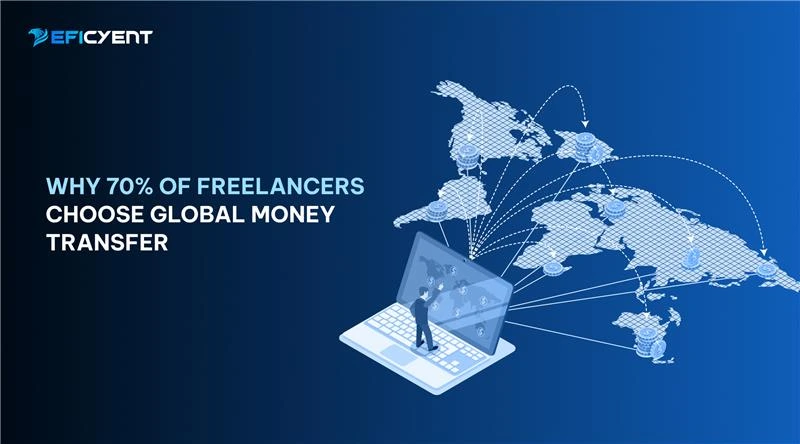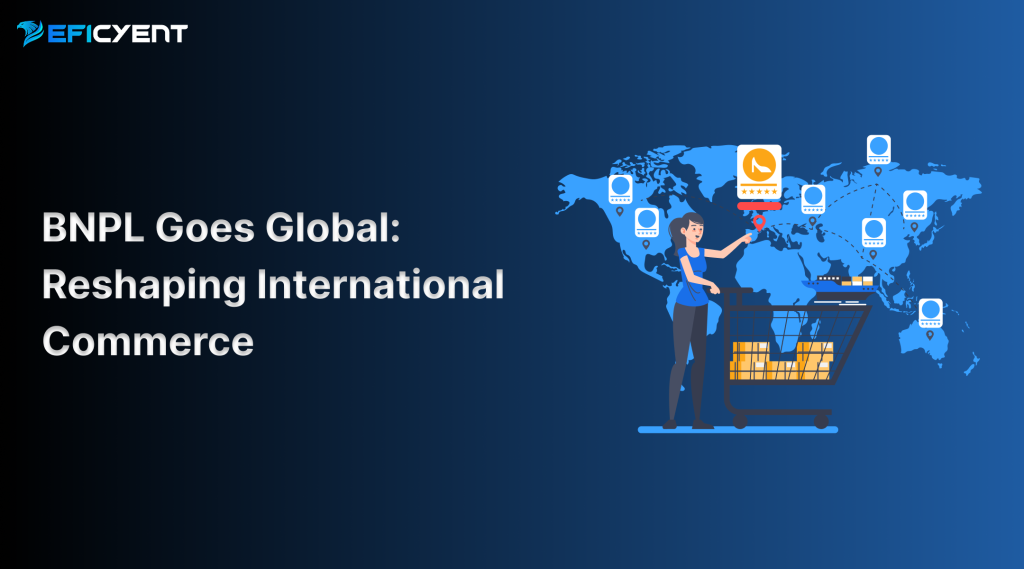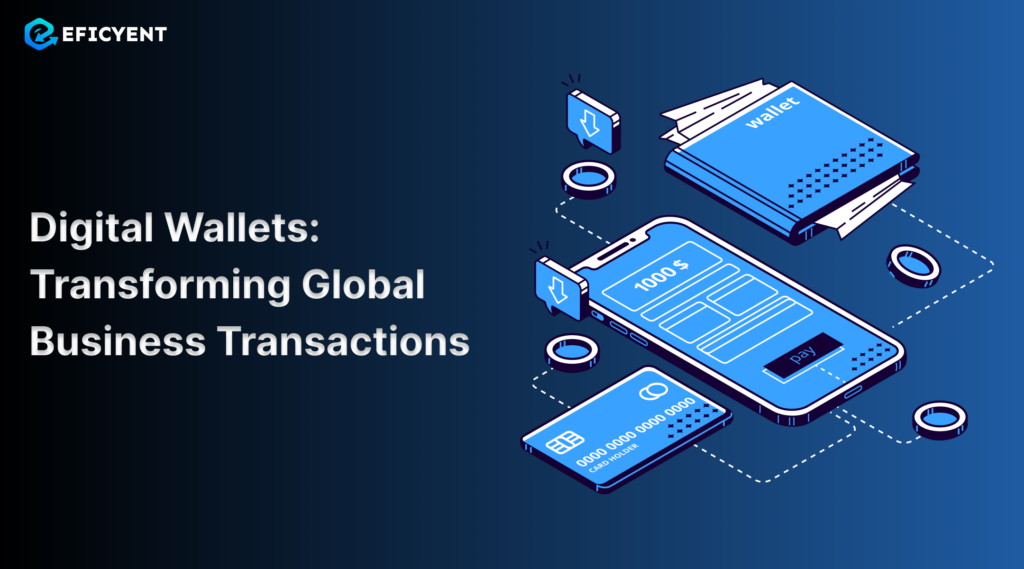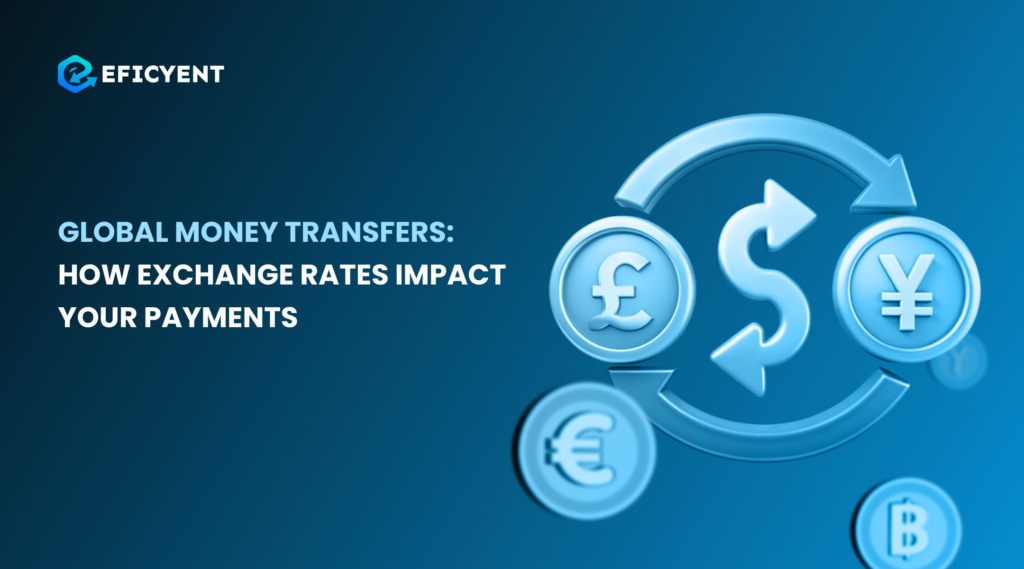How to Integrate Custom Fintech APIs for Cross-Border Payments
Introduction Cross-border payments used to be slow, expensive and full of paperwork. But today, things have changed with the rise of modern tools like fintech APIs. Sending and receiving money across countries is much easier and faster through this tool. If your business deals with global customers, vendors or remote workers, it is important to make your cross-border payment system smooth and reliable. Fortunately, there is no need to build it all from the beginning. You can use custom fintech APIs to connect your systems with the trusted payment providers. In this blog, we will walk you through the steps on how to integrate fintech APIs for cross-border payments. Also, explain what they are, why they matter and what to watch out for along the way to stay ahead in the market. What Are Fintech APIs? Fintech APIs are made for financial services. They’re easy tools that help two systems talk to each other and share information smoothly. Think of them as digital bridges which help apps and platforms connect with banks, payment processors, wallets and other financial tools. Instead of writing long code to build a bank connection, you can use a fintech API that already knows how to do it. These APIs can do many things from sending money to checking exchange rates to verifying customer details effortlessly. When it comes to international payments, fintech APIs can take care of everything. They can send payment requests, check rules for each country, convert currencies and confirm transactions, which all happens in the background. Why Businesses Need Payment Processing APIs When your partners or clients are located abroad, accepting payments might become a bit of a challenging task. Unexpected delays are mostly caused by different banks, currencies, regulations and the timelines. That is where payment processing APIs can be of your help. With the right fintech API, you can: Accept international payments in multiple currencies. Automate payment tracking and settlement. Speed up the settlement times. Cut down on manual work and avoid unnecessary errors. It is all about making cross-border payments feel local for both you and your customer. Important Things to Look for When Selecting a Fintech API Not all fintech APIs are built the same way. Before choosing one for your business, here are a few things to check and understand: Simple Integration Look for APIs that are effortless to test, well-documented and developer-friendly at all times. Go-live time can be reduced by a seamless integration process. Coverage and Currency Support Verify that the API is accessible to the currencies and countries you require. Some APIs work great in Europe but might not support parts of Asia or Africa. So, check the currency support as it is really necessary. Security and Compliance Choose a provider that follows the global security standards and keeps up with all the regulations. You want your payments to be secure and legal, no matter where they are going. Scalability The API needs to be completely scalable to expand along with your company. It must also handle the increasing transaction volumes without any slowdown. Support and Updates Having a support team that responds quickly can make a big difference. Regular updates are also important, especially when dealing with something as sensitive as payments. Benefits of Using Fintech APIs in 2025 There are many reasons why fintech APIs have become the go-to solution for businesses today. Here are some of the reasons: Faster Transactions: It no longer takes days to complete international transfers. Lower Fees: Avoid expensive middlemen and keep your transaction costs down. Real-time Updates: Track your payments with real-time statistics and reporting. Better User Experience: Smoother checkout processes, more payment options and faster returns are all useful to the customers. Automation: Without requiring any human work, enable automatic currency conversion, recurring payments and many more. By using fintech APIs, you can do more with less effort and give your customers a better experience while you are at it. Common Challenges and How to Handle Them While Fintech APIs are useful, here are a few things to watch for as there are many challenges as well. Currency Fluctuations: Exchange rates change all the time. So, choose APIs that let you lock in rates or alert users about changes. Local Compliance: Some countries have special rules for receiving or sending money. Select an API provider that helps with local laws and reporting. Network Delays: Cross-border payments can still take a few hours or a day in some regions. Always set clear expectations for users. Integration Bugs: Even small errors can block payments. Test thoroughly, especially before launching to customers. Conclusion If you are looking to build a payment process that is fast, global and future-ready, then integrating the right fintech API is the best decision. Companies can no longer afford to continue using outdated technologies in 2025. With fintech APIs, you are not just solving today’s problems, instead you are setting yourself up for long-term, scalable growth. Take time to explore your options, test the features and choose a provider that fits your needs and most importantly what your customers need. Because when your payments work smoothly, your business can move faster, no matter where in the world you are headed. Contact Us Your name Your email Subject Your message (optional) Δ

